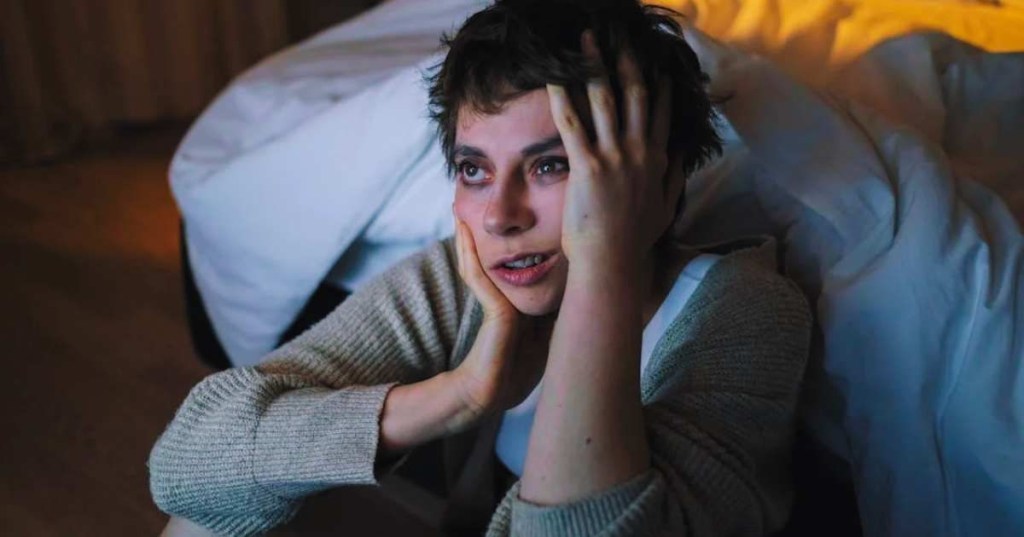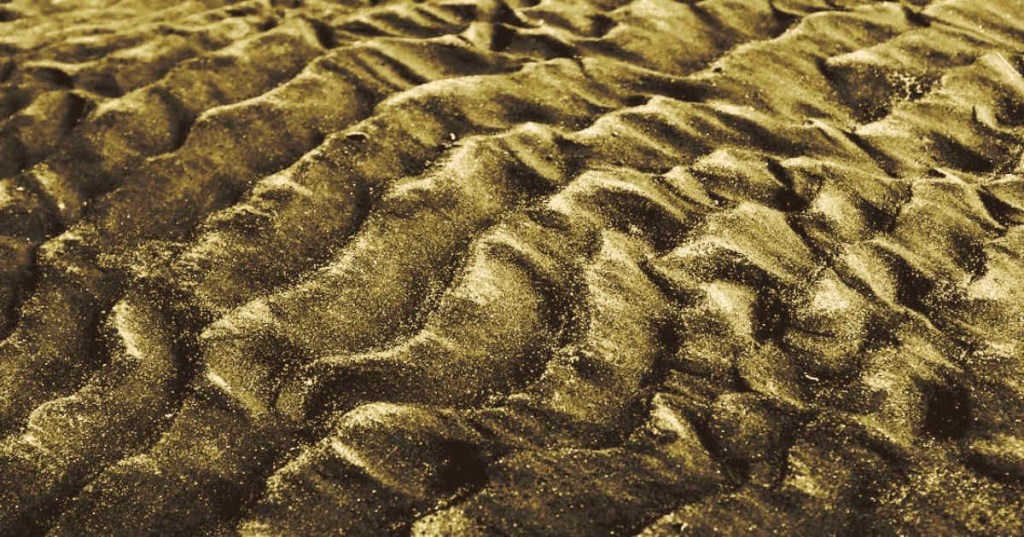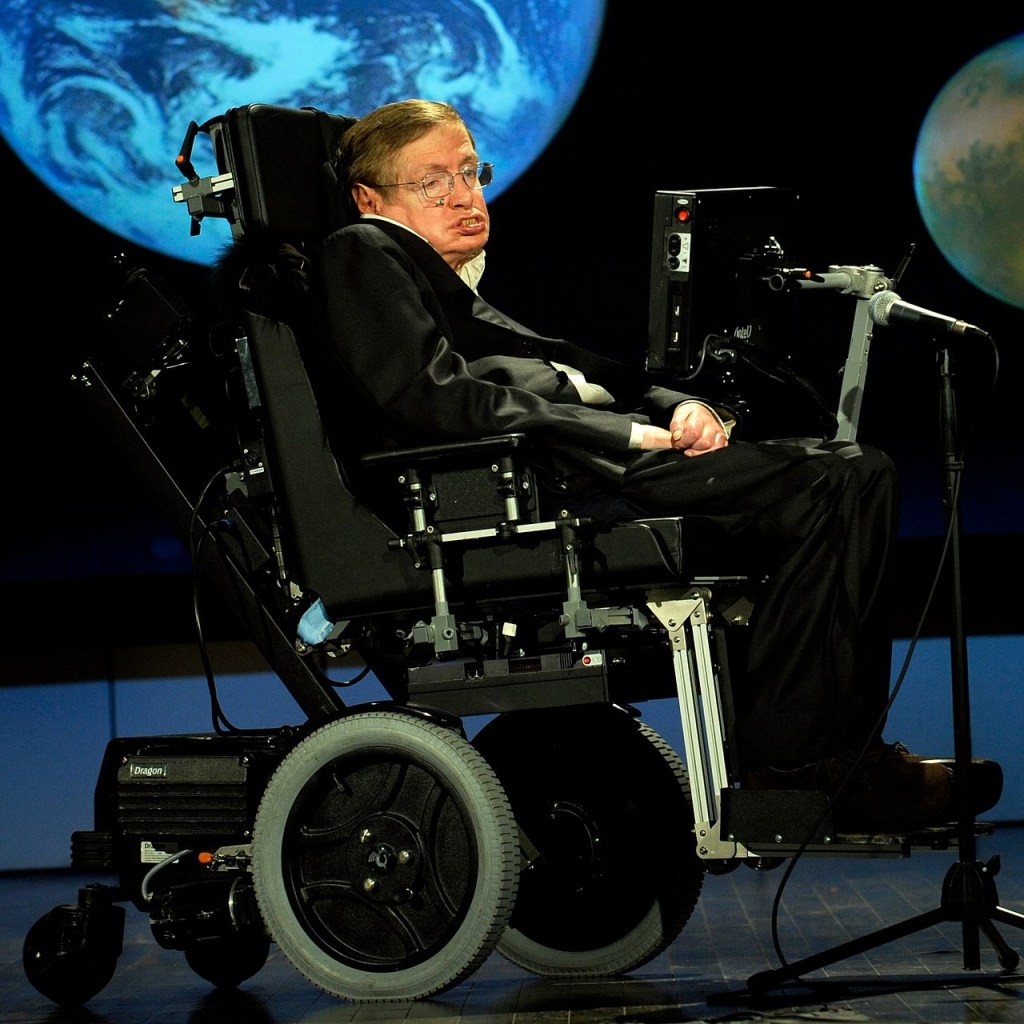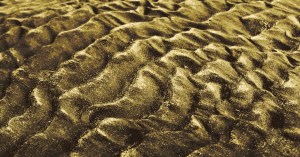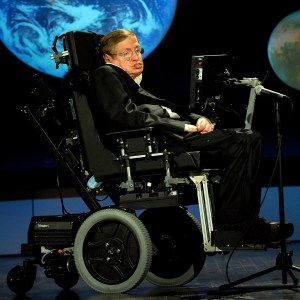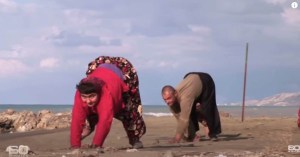To rise and shine is a good thing, but first, one needs a good night’s sleep. Like water and food, ample restful sleep is essential for maintaining health. Science has proven that inadequate sleep can have dire consequences. Paying no heed to the crucial information, two teenagers in 1963 did an experiment in which one of them had to stay awake for as long as possible. The teen didn’t sleep for 11 days straight and the results weren’t good. BBC reported the story of this boy in BBC World Service’s episode “The Boy Who Stayed Awake for Eleven Days.”

Sixty years ago, Bruce McAllister and Randy Gardner were high school teenagers in California. During their Christmas break, they decided to break the record for staying awake, hoping to win a school science badge and attract national attention. The previous record was held by a DJ in Honolulu, who stayed awake for 260 hours.
After a coin toss, it was decided that Randy would stay awake for the experiment. However, recalling that moment, McAllister told BBC, “We were idiots, you know young idiots, and I stayed awake with him to monitor him, and after three nights of sleeplessness myself I woke up tipped against the wall writing notes on the wall itself.” Since they were not able to keep track of their activity, they called in a third boy, Joe Marciano, for help.

Along with Marciano, budding sleep researcher William Dement from Stanford University joined the scene with his equipment and keen observation skills. “I was probably the only person on the planet at the time who had actually done sleep research,” Dement told BBC, “Randy’s parents were very worried that this might be something that would really be harmful to him. Because the question was still unresolved on whether or not if you go without sleep long enough you will die.”
Randy’s parents were concerned about the potential harm of the experiment, but since Randy didn’t use any chemicals, there were no detrimental effects “Randy had occasional Cokes but other than that, you know, no Dexedrine, Benzedrine, the du jour stimulants (drugs) in those days,” recalled McAllister.

Initially, Randy seemed physically fit and all well, but as the days progressed, reports showed that his abilities to perform simple tasks were declining. At first his sense of taste, smell, and hearing, and after a while, his cognitive sensory abilities began to get affected. By this time, Randy was having a hard time staying awake, especially during the nights, “If he closed his eyes he would be immediately asleep,” said Dement. A TED-Ed video reported that just two days into the experiment, Randy’s eyes struggled to remain focused, he couldn’t repeat simple tongue twisters, and it became a task for him to identify objects based purely on touch. He had become moody, and uncoordinated and had started hallucinating.
The experiment ended on January 8, 1964. The 17-year-old had managed to stay awake for 11 days and 25 minutes, hence, breaking the previous world record. The feat grabbed the attention of media outlets and Randy’s story joined the lists of most popular stories in the American national press, which included the assassination of John F Kennedy and The Beatles, reported BBC. Although Randy completed the experiment without greater harm, the Guinness Book of World Records stopped taking entries for this particular record, believing that this kind of experiment could be dangerous to people.
As for Randy, he was then taken to a naval hospital for the examination of his brain waves. Researcher John J. Ross at the hospital’s Neuropsychiatric Research Unit who was responsible for monitoring the effects of the experiment on the teen, revealed that he experienced trouble concentrating, found difficulties in forming long-term memories, and became paranoid. After the diagnosis, Randy went straight to bed and slept for 14 hours, unsurprisingly. Later, a study on his brain waves revealed that “his brain had been catnapping the entire time; parts of it would be asleep parts of it would be awake,” said McAllister.
When questioned about his experience at that time, Randy just said, “It’s just mind over matter.” However, according to science, matter is important. According to TED-Ed, adults need 7 to 8 hours of sleep a night, and adolescents need 10 hours of sleep. Failing to have a good night’s sleep can lead to several problems ranging from weight gain to high blood pressure and hormone changes.

“You have to have sleep. It’s as important as – it’s the big three. I call it the big three. Water, food, sleep – you’ve got to have them, all of them,” the 71-year-old Randy advised in a 2017 interview with NPR, after experiencing recurring bouts of severe insomnia during his adulthood.

